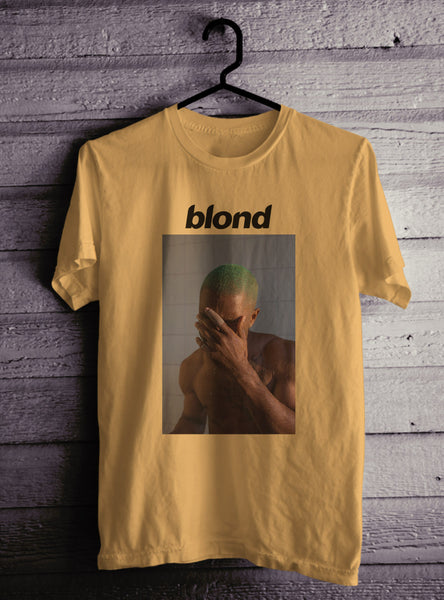

And artistically speaking, it's truly refreshing to see this reflected in his music. As he says on "Futura Free": "I ain't on your schedule / I ain't on no schedule / I ain't had me a job since 2009." Never once did he succumb to celebrity or industry demands. For more than four years, Ocean avoided celebrity status, establishing his own personal boundaries, keeping his private life as such, protecting his writing/recording process, and, most frustrating (whether deserved or not for fans, at least), produced music on his own time. Rarely in the entertainment industry does an artist maintain such staunch individuality. Which leads to the autonomy Ocean has displayed throughout the entire writing, promotion, marketing, recording, and release of Blonde.

This is all Ocean, independent of any social and industry expectations. As he's planned for years, going back to his original Tumblr post about the magazine, Ocean released his album, in part, through a physical medium by giving it away for free at pop-up shop in a bodega. His companion magazine, Boys Don't Cry (the original title of the album), contains nude photos of both men and women. I thought that I was dreaming when you said you love me / It started from nothing / I had no chance to prepare / I couldn't see you coming On "Self Control," Ocean is "the boyfriend in your wet dreams tonight." And in his own wavering voice on Ivy, Ocean seems to be blindsided by his own sexuality, and the confusion it can cause: It's an anonymous "you" who in the tragic early-morning heartache of "Solo" is "now your baby momma" and in "Good Guy" brought him to a gay bar. On an album of mostly love songs, the recipient and cause of Ocean's heartache is often an unidentified individual referred to in second person. How Frank Ocean Put the Beatles on His New Album.


 0 kommentar(er)
0 kommentar(er)
